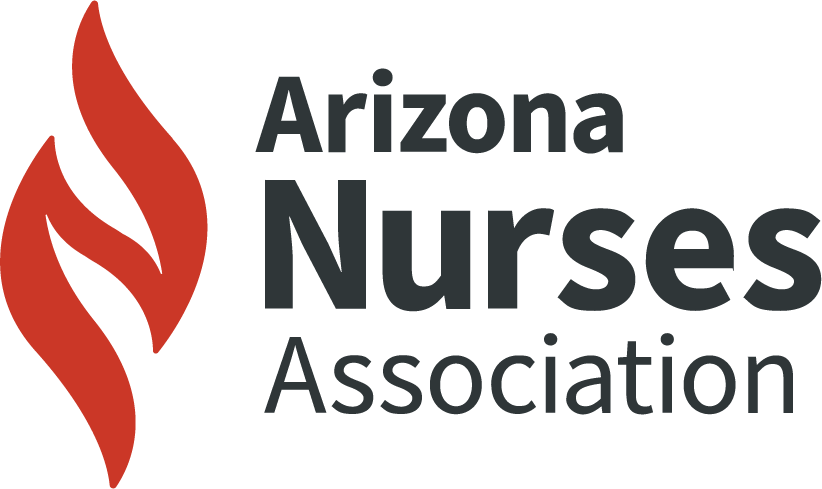A Mentorship Program to Reduce Student Nursing Attrition
ABSTRACT
Background: Nurses are instrumental in our healthcare system in the provision of quality patient care. Currently, the nursing shortage is expected to be significant by 2030. Nursing programs need peer mentoring programs to support students and prevent attrition which contributes to significant nursing shortages.
Method: The primary purpose of the project was to implement a structured peer mentoring program to determine how the program influenced the trends in attrition from nursing school in prelicensure nursing students in their second semester of the core nursing program in a Bachelor of Science in Nursing (BSN) program at a single campus.
The second purpose of this quality improvement project was to determine the difference in perceptions of mentors and mentees pre-and post-implementation of peer mentoring and described the benefits of the experience for the students being mentored and the students providing the mentorship.
Attrition data were collected monthly for the twelve semesters prior to implementation and during the implementation semester. A pre-and post-survey evaluated opinions of mentors and mentees regarding the benefits of the program.
Results: The peer mentoring program appeared to have no effect on the attrition rate, the sample size was small and may not have influenced the attrition rate. The survey results suggest that peer mentoring can be a benefit for students.
Conclusion: Reducing student attrition will contribute to future patient care by providing nurses to care for the population. Peer mentoring is a benefit to the students.
